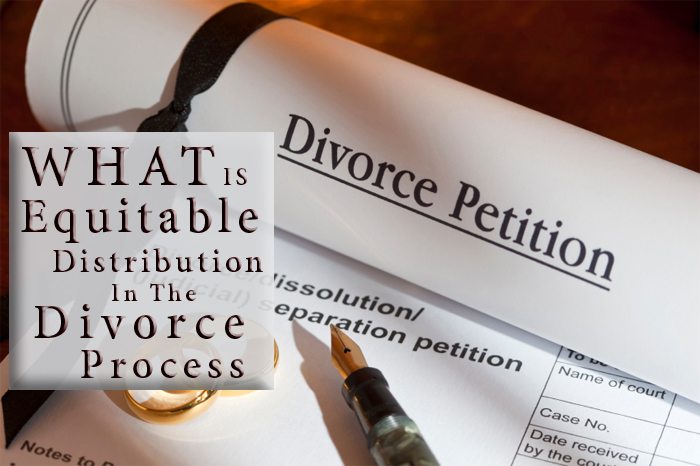When filing for a divorce in the state of Florida, assets such as property are divided through equitable distribution. The majority of states divide a couple’s assets by using a fair method of division but the definition of fair is determined by a judge if each party cannot agree. (A minority of states divide a couple’s assets by just splitting everything straight down the middle). Getting a divorce in Florida is designed to leave both parties as well-off as possible in the determination of equitable distribution.

In an ideal situation, negotiating a divorce settlement with your spouse would include the division of your assets. If you cannot reach an agreement the judge in your divorce will use the following measures to determine your distribution of property:
- Both marital and separate property is taken into account. If one spouse came into the marriage with separate property or acquired it after the marriage, the judge will not give the separate property to the other spouse. A judge considers this because if one person has a lot of their own separate property, the court may give more of the marital property to the other person.
- Money made from the sale of your separate property and kept aside is usually not considered as marital assets.
- The duration of the marriage is considered and so is the health of each spouse. A marriage which was longer, even with one specific breadwinner, has a likelihood of being considered equitable due to the duration of the marriage. If one spouse has a condition that alters potential earning power, then a judge will take that into account as well.
- The value of contributions to the marriage, which may not always be indicated in financial assets. A homemaker and raising children is often seen as equivalent to the spouse that goes to work every day to get money for bills. Contribution outside of the finances includes things like quality and quantity of time spend on family duties, help with education or training, and indirect contribution to shared property.
- The current financial stability of each spouse involved in the divorce is considered. Economic circumstances may leave one spouse with more in the equitable distribution of assets.
- If a spouse has gotten rid of assets before a judge made a ruling, the amount they got rid of or tried to keep for themselves is considered by the judge. This tactic does not typically work when addressed in a court of law.
By the time the court has to step in for cases relating to equitable distribution, every avenue of compromise should have been tried. Every couple should try to allocate their marital assets either on their own or with the help of an attorney. If you do not like the outcome of equitable distribution, there is nothing you can do about this legal judgement.
When going through a divorce, even if the proceedings are completely amicable, it is advisable to seek the help of a divorce attorney. Before you sign any papers, it is best to choose someone to defend your interests legally.
Estevez-Pazos Law Firm is a family law firm specializing in protecting your interests and those of your children throughout the divorce process. Get the help you deserve today and book an appointment at www.mepfamilylaw.com or call us at (305)-717-7130.
Related Blogs :
